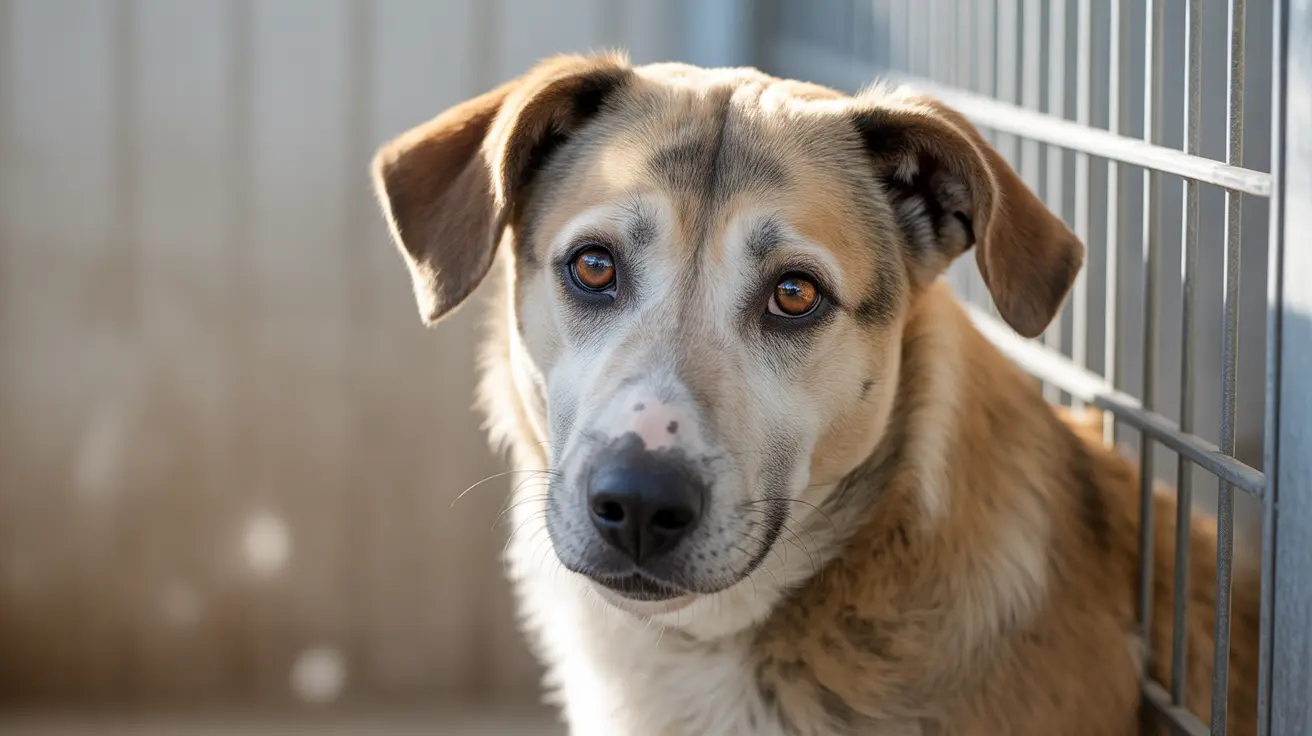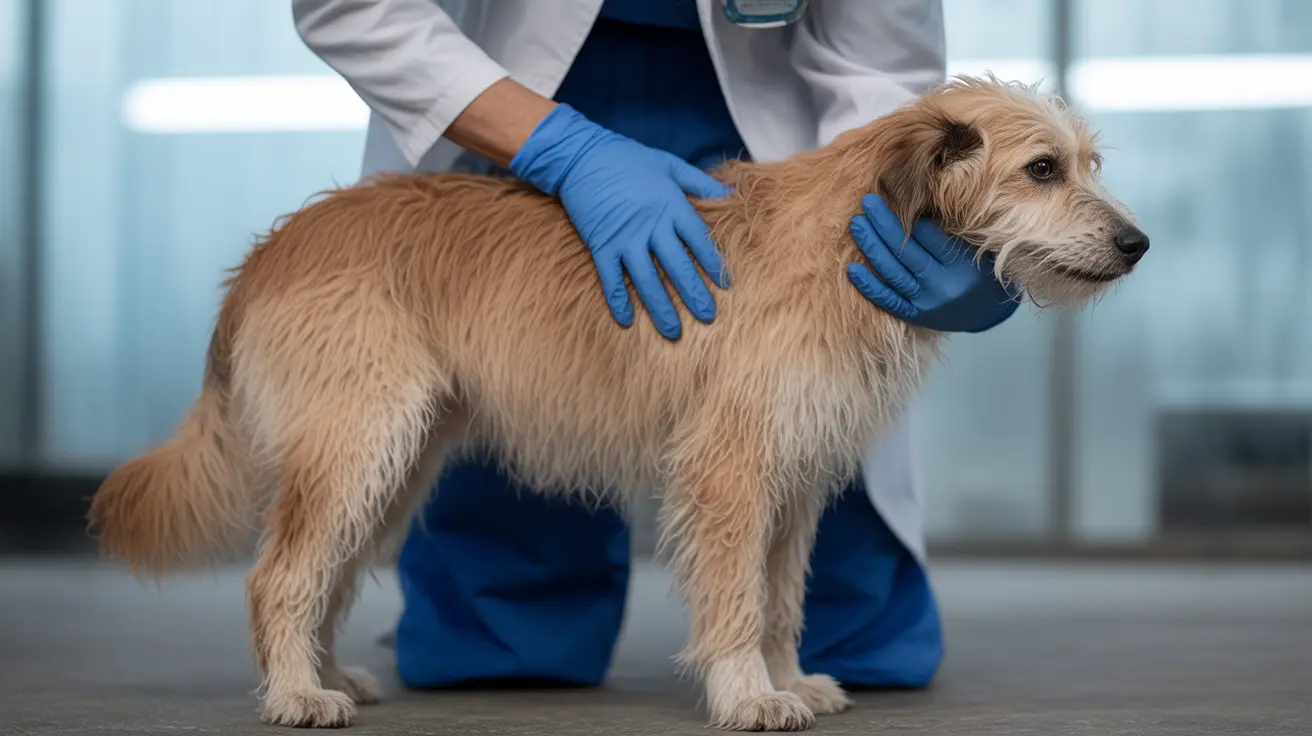As a dog owner, monitoring your pet's stool can provide valuable insights into their health. When you notice black specks in dog poop, it's natural to feel concerned. These dark specks can range from harmless dietary remnants to serious warning signs that require immediate veterinary attention.
Understanding the various causes and knowing when to seek professional help can make a crucial difference in your dog's health outcomes. Let's explore what these black specks might mean and how to identify when they signal a serious problem.
Common Causes of Black Specks in Dog Stool
Dietary Sources
Many cases of black specks in dog poop have innocent explanations related to diet. Dark-colored foods like blueberries, blackberries, or even certain dog foods can create black specks in stool. Similarly, if your dog enjoys chewing on dark-colored toys or household items, fragments may appear as specks in their waste.
Environmental Factors
Dogs that spend time outdoors might ingest dirt, bark, or other natural materials that can appear as black specks in their stool. While usually harmless, regular ingestion of non-food items should be discouraged to prevent digestive issues.
When Black Specks Signal Health Problems
Melena (Digested Blood)
One of the most serious causes of black specks or dark stool is melena, which indicates the presence of digested blood from the upper digestive tract. This condition appears as coffee ground-like specks or tarry black stool and requires immediate veterinary attention.
Parasitic Infections
Some intestinal parasites can cause bleeding that appears as black specks in stool. Additionally, parasite segments themselves might be visible in your dog's waste, though these typically appear white rather than black.
Signs That Require Immediate Veterinary Care
Seek emergency veterinary care if you notice black specks accompanied by:
- Lethargy or weakness
- Loss of appetite
- Vomiting
- Pale gums
- Very dark or tarry stools
- Diarrhea
- Significant behavior changes
Prevention and Monitoring
To minimize the risk of concerning black specks in your dog's stool:
- Maintain a consistent, high-quality diet
- Prevent access to non-food items
- Keep regular veterinary check-ups
- Maintain current parasite prevention
- Monitor stool appearance daily
Frequently Asked Questions
What do black specks in my dog's poop mean and when should I be concerned?
Black specks can indicate anything from harmless dietary sources to serious internal bleeding. Be concerned if the specks are accompanied by changes in stool consistency, especially if it becomes tarry, or if your dog shows other symptoms like lethargy or loss of appetite.
Can certain foods or medications cause black specks in dog poop?
Yes, dark-colored foods like berries can cause black specks. Some medications, particularly iron supplements, can darken stool. However, certain medications like NSAIDs can cause internal bleeding, resulting in black specks, so always monitor your dog when starting new medications.
How can I tell if black specks in dog poop are caused by internal bleeding?
Black specks from internal bleeding typically appear alongside darker, tarry stool and may be accompanied by symptoms like weakness, pale gums, or decreased appetite. If you suspect internal bleeding, seek immediate veterinary care.
What health conditions could cause black, tarry stool in my dog?
Black, tarry stool can be caused by ulcers, tumors, blood clotting disorders, parasitic infections, or injuries in the upper digestive tract. Any consistently black or tarry stool warrants veterinary examination.
When should I take my dog to the vet if I notice black specks or black stool?
Take your dog to the vet immediately if black specks appear with tarry stool, lethargy, pale gums, vomiting, or decreased appetite. Also seek veterinary care if the black specks persist for more than 24-48 hours, even without other symptoms.






